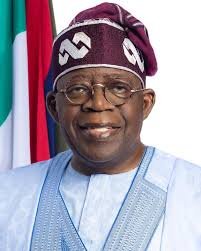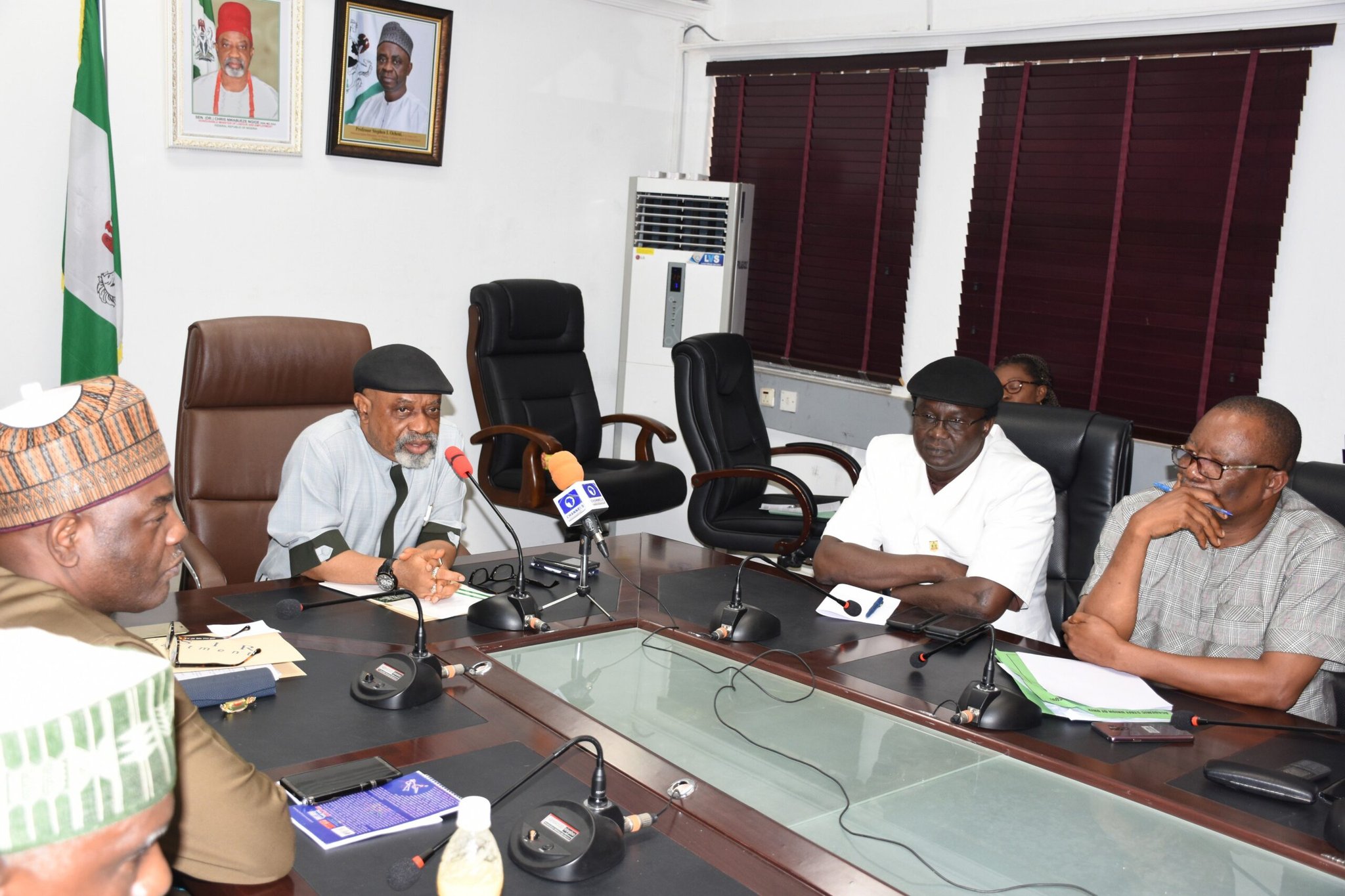By Sam Amadi
In this July, Ngor Okpala LGA received N166m as federation allocation. This is significant amount. How was that allocation utilized? What is the monthly wage bill of the LGA? How much of that allocation went into recurrent expenditure and how much was for capital projects, if any?
Based on past history, everything may have gone into the state government coffers and paltry sum handed to the Sole Administrator. This is the case across Nigeria.
This is sad. We cannot have real development in Nigeria unless we free local governance from the destructive hold of unaccountable state Governors. A movement from consumption to production will first start with making the local communities sites of valuable economic activities and accountable governance. There should be real governance in the LGAs. This starts with fiscal stability and economic enterprise. We should turn every LGA into an economic enclave. But you need to first free it from the chokehold of corrupt and vision-less governors.
In 2018, as an aspirant to the office of the Governor of Imo State under APGA, I developed a blueprint: Community Action Plan for Prosperity (CAPP). CAPP identifies local government reform as the first order of business. The reform has four planks. First, democratic election of all local government officials. Second, expansion of the local government executive council to include elected chairpersons and secretaries of all town unions in the state. Three, biannual open public budgeting and quarterly public service expenditure sessions in each local government to establish financial priorities and determine cottage industry projects to finance. Four, 30:70 distribution of allocations between recurrent expenditures and capital projects. Every quarter, each local government will establish a cottage industry that can hire between 50-150 persons and generate income for the local government. 100% of allocations to LGAs will be transferred to the LGA to be used in the form determined by the expanded executive council during the biannual public budgeting. The idea is to couple town-hall democracy with effective managerial leadership to drive up rural economy through cottage industry. The CAPP is a blend of core ideas in Dr. Nnana Ukegbu’s ‘agrarian revolution without tears’ and Dr. M.I. Okpara’s Easter Nigeria Development Corporation. These ideas parallel similar ideas of developmental planning that ensured fast-tracked economic development in East Asia.
It is sad that after over 60 years of independence and trillions of Naira of oil money we are yet to build a rural economy.
This failure is the main reason for the extreme poverty and the gross collapse of human wellbeing in Nigeria.























